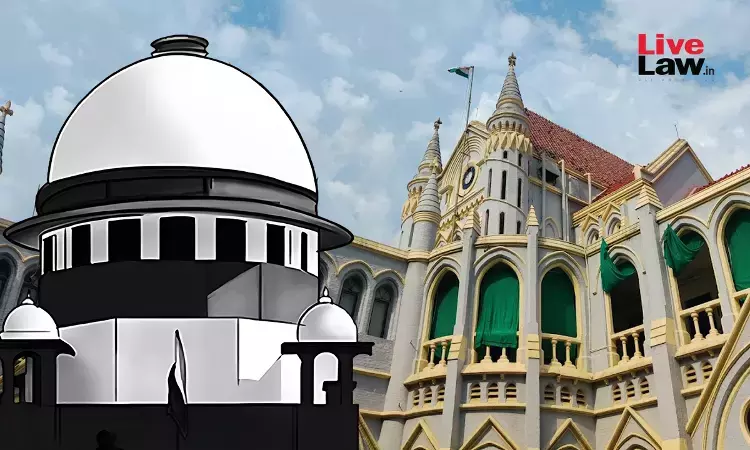The Supreme Court today (December 3) reserved the judgment on suo motu matter regarding a rule in the State of Madhya Pradesh that excludes visually impaired and no-vision candidates from seeking appointment to judicial services.The Rule in question is Rule 6A of the Madhya Pradesh Services Examination (Recruitment and Conditions of Services) Rule 1994, which completely excludes visually...

